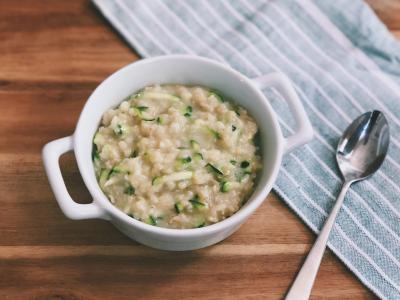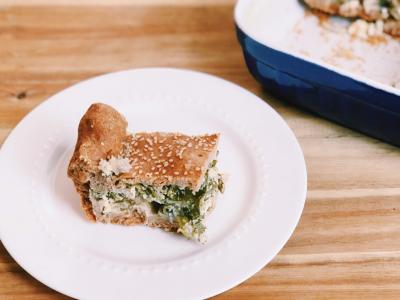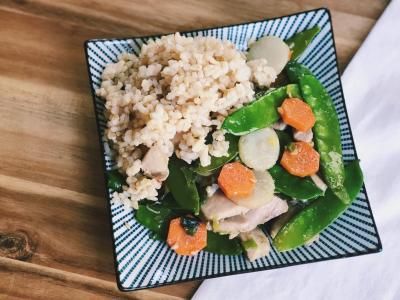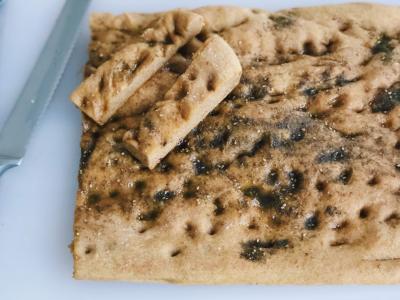Sprouting Brown Rice Can Increase Fiber
Brown rice is a reliable healthy option, but by sprouting it, you might get even more health benefits. In a study in Ecuador, researchers compared different levels of nutrients in six varieties of brown rice when it was raw, soaked, and sprouted. The researchers found that dietary fiber content increased (6.1-13.6%) with sprouting time and temperature in all varieties of brown rice, and that phytic acid content decreased noticeably. The effect of sprouting on other nutrients, such as peptide content and protein hydrolysis, varied across the different varieties of brown rice.
Plant Foods For Human Nutrition. 2014 Sep;69(3):261-7. (Caceres PJ et al.)




